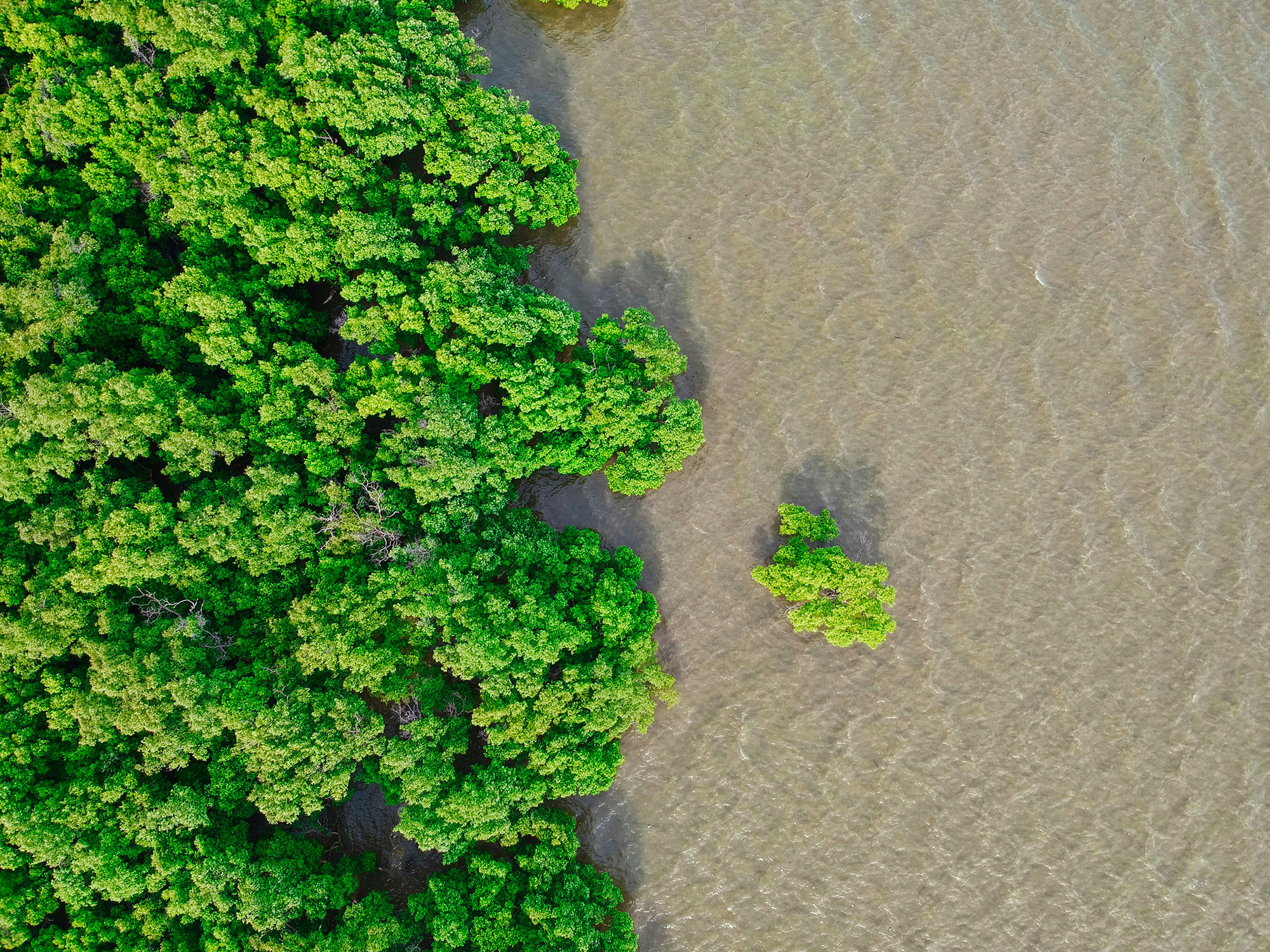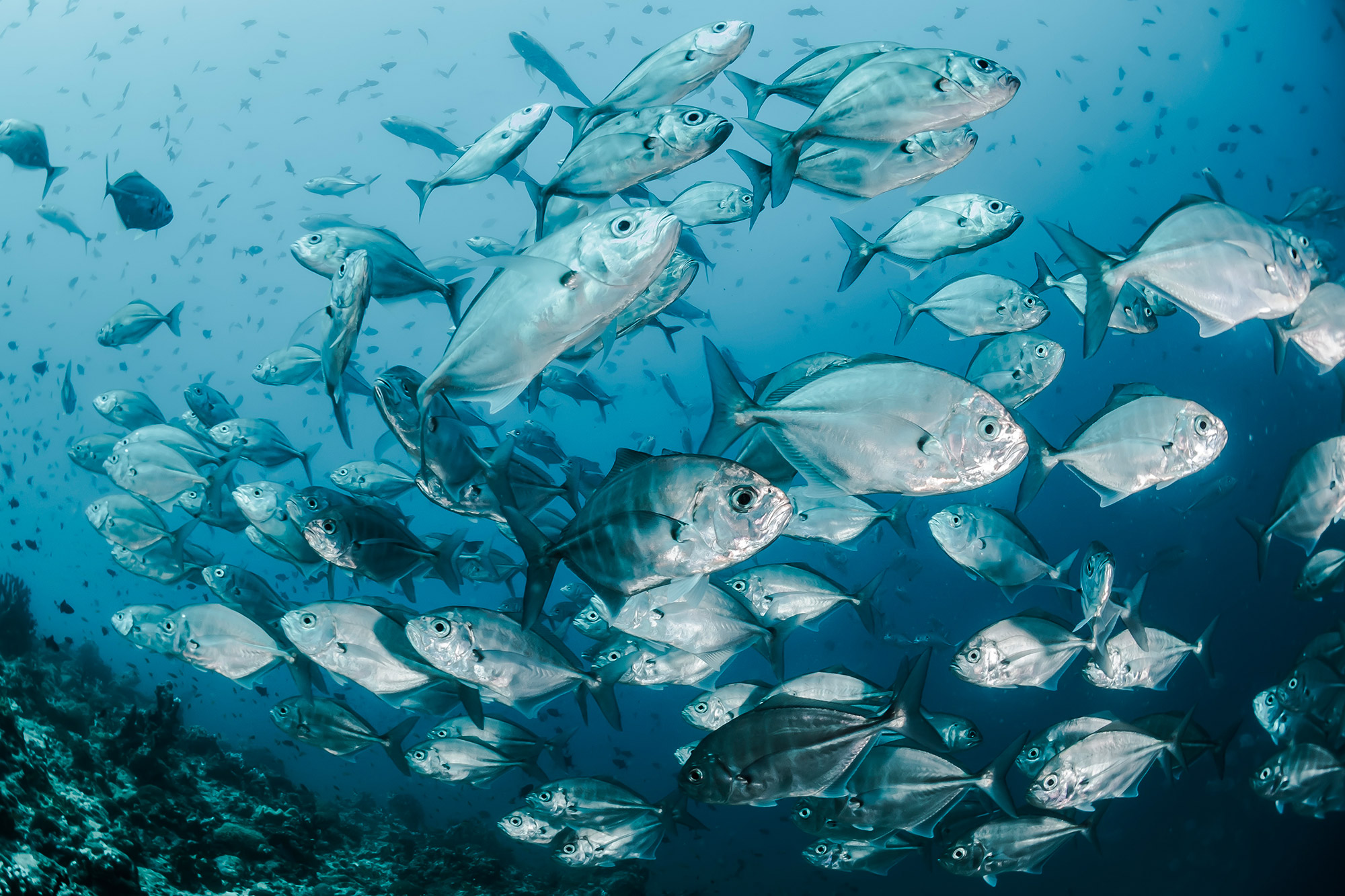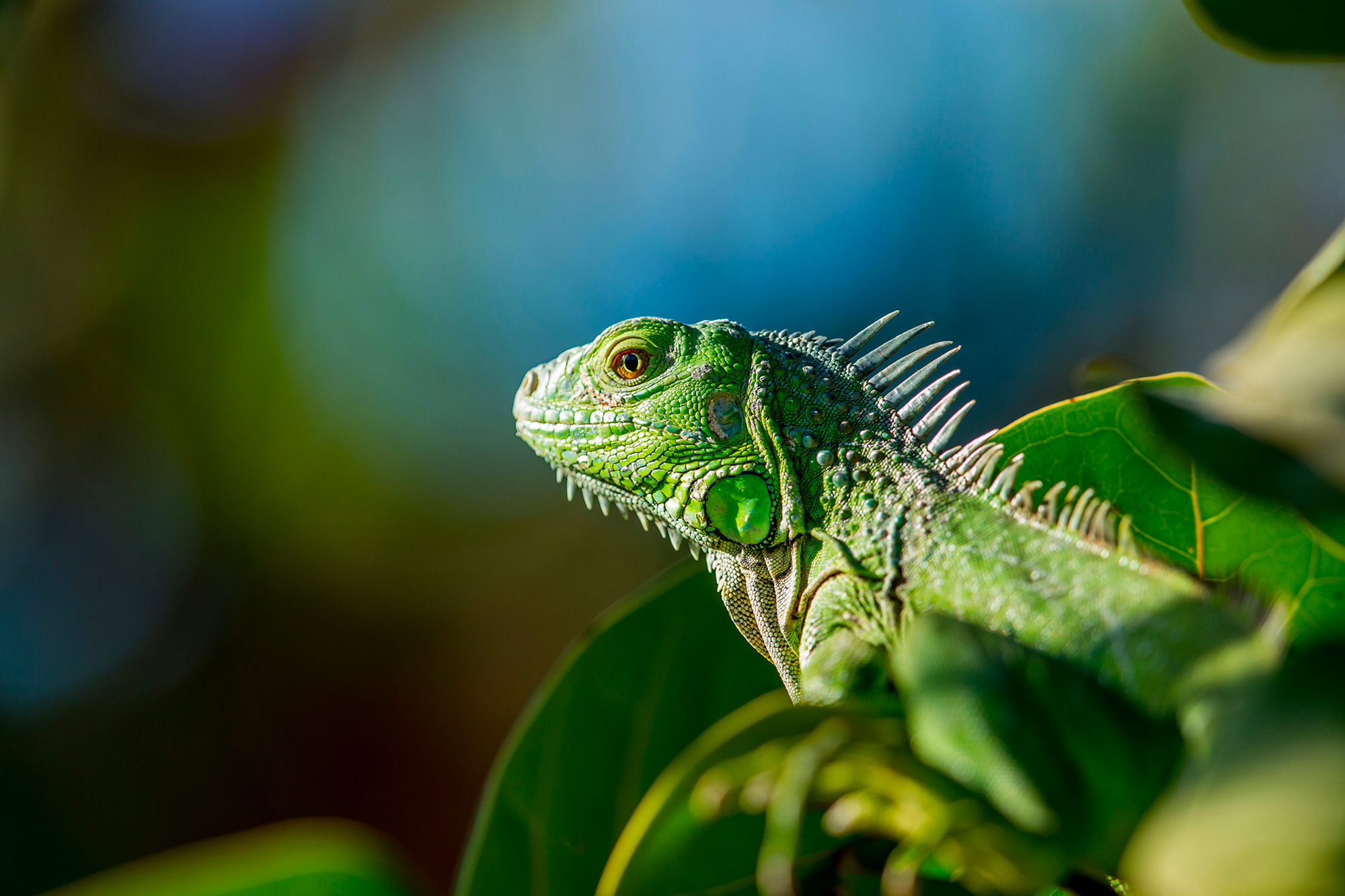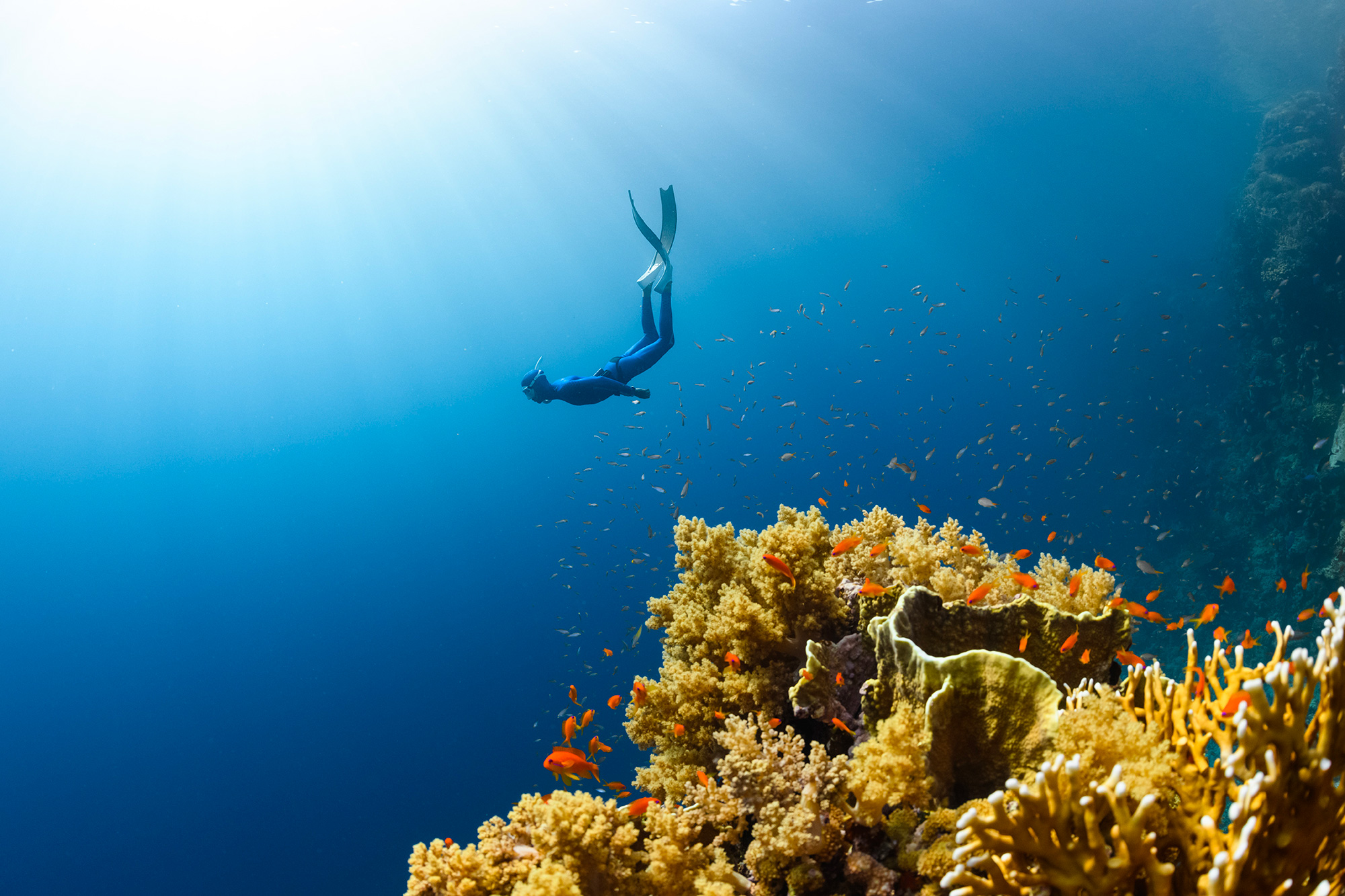 " alt="Strengthening collaborative marine governance across the Atlántida Seascape in Honduras">
" alt="Strengthening collaborative marine governance across the Atlántida Seascape in Honduras">
Strengthening collaborative marine governance across the Atlántida Seascape in Honduras
Grantee: Fauna & Flora
Location: Honduras, Central America
Grant Cycle: 2023 – 2026
Type of Grant: three-year program support,
Environment & Biodiversity Protection
Website: fauna-flora.org
Environment & Biodiversity Protection
Established in 1903, Fauna & Flora is the world’s oldest international conservation organisation. For more than 120 years Fauna & Flora has been working with its partners around the world to protect and conserve threatened species and ecosystems. The Nando and Elsa Peretti Foundation (NaEPF) commitment to protecting the environment dates back to its founding in 2000, and Fauna & Flora was one of the first organisations the NaEPF partnered with to help preserve the world’s biodiversity. Since 2001, the NaEPF has worked with Fauna & Flora on several projects, and in 2023 the NaEPF renewed its support for the organisation with a grant of over EUR 3 million that will fund six new projects to preserve the environment and biodiversity worldwide.
The diverse nature of the Honduran landscape and climate has gifted the country with a variety of marine, terrestrial and freshwater environments, which in turn have created ideal conditions for a wealth of biodiversity to thrive. However, this biodiversity is under severe threat. Rapid deforestation endangers forest-dependent species and has downriver impacts on the country’s freshwater and marine habitats, including sedimentation. Offshore, excessive and destructive fishing practices are driving declines in Honduras’ rich marine biodiversity. Bycatch finishing practices and potential propeller strikes pose risks to manatees and turtles, while a declining fish catch can push local communities to supplement income by poaching animals like iguanas and turtles. Honduras’ marine biodiversity and fisheries have declined markedly due to declines in commercial and herbivorous fish along the length of Honduras’ Caribbean coast. Snappers and groupers remain in critical condition, of concern ecologically and socioeconomically given their importance for seascape households’ income and subsistence.
The Atlántida seascape (paisaje marino) on the Atlantic coast of Honduras is a spatial clustering of three legally designated marine protected areas of 800,000 hectares as well as the non-legally protected waters between them, referred to as the grey area (area gris). Although not a legally recognised management entity, the seascape aims to better integrate the spatial management regimes of the marine protected areas, based on the principles of ecological connectivity. It also aims to enhance collaborative governance networks of relevant stakeholders, based around the principles of social connectivity. In 2015, Fauna & Flora and a consortium of five Honduran NGOs (Fundación Cuero y Salado, Fundación Cayos Cochinos, Fundación Islas de la Bahía, La Asociación Pro Comunidades Turísticas de Honduras and Centro Estudios Marinos) designed a project focused on strengthening collaborative marine governance across the Atlántida seascape in order to achieve the intended long-term project impact.
The Atlántida Seascape initiative is a national model for marine governance and equity, where empowered, thriving communities with high-capacity support from government and civil society protect and nurture the resilience of coastal and subtidal ecosystems, and enable the recovery of vulnerable marine and coastal species and reef fisheries. Within the Atlántida Seascape, 21 coastal communities, policymakers and NGOs are working to promote responsible fisheries practices and markets that reward these practices, in order to allow species, habitats and those who live off fishing to recover and become more resilient. Alongside this responsible fisheries initiative, Fauna & Flora is implementing conservation activities with community groups, particularly fisher associations and women’s groups, to build their sense of ownership over the well-being of the marine and coastal environment upon which they depend and facilitating discussion platforms.
Beyond strong transversal collaboration, FFI has worked closely with three individual members of the Seascape Partnership to protect critical species within the MPAs these partners co-manage. With Fundacion Islas de la Bahia (FIB), FFI has established an annual festival to build community knowledge about and a culture of pride in Utila spiny-tailed iguana conservation to tackle hunting and consumption. This is particularly important in the run-up to Easter, as egged females are considered a seasonal delicacy. FFI has also standardised mangrove and iguana monitoring methodology with research NGO Kanahau and shared the Iguana Conservation Action Plan with private, public, community and municipal actors in Utila, receiving strong support from the education sector for its implementation, and integration of the Action Plan into Turtle Harbor Wildlife Refuge MPA’s management plan. With Fundacion Cuero y Salado (FUCSA), FFI has mapped mangrove distribution and calculated rough estimates of carbon sequestration potential across Cuero y Salado Wildlife Refuge. Lastly, with Fundacion Cayos Cochinos (FCC) and an additional Honduran NGO, the Bay Islands Conservation Association (BICA) Utila, FFI has supported annual beach monitoring and enforcement efforts for endangered marine turtles, bringing nest ransacking back down close to zero after increases during Covid-19.
In 2023 the Nando and Elsa Peretti Foundation granted a three-year program support to Atlántida Seascape project’ activities. The 21 coastal communities will benefit from taking part in capacity-building exercises, improved partner social safeguarding systems and framework, environmental education to support them in becoming environmental educators within their communities, and alternative livelihoods identification and support, among others. In addition, during community engagement, Honduran partners will continue to work on building women’s groups and fisher associations and widening community members’ understanding of the importance of protecting biodiversity to support their fisheries and ecosystem-dependent livelihoods. A recent evaluation highlighted that the links between ecosystem resilience, well-being and socioeconomic resilience are already widely understood.
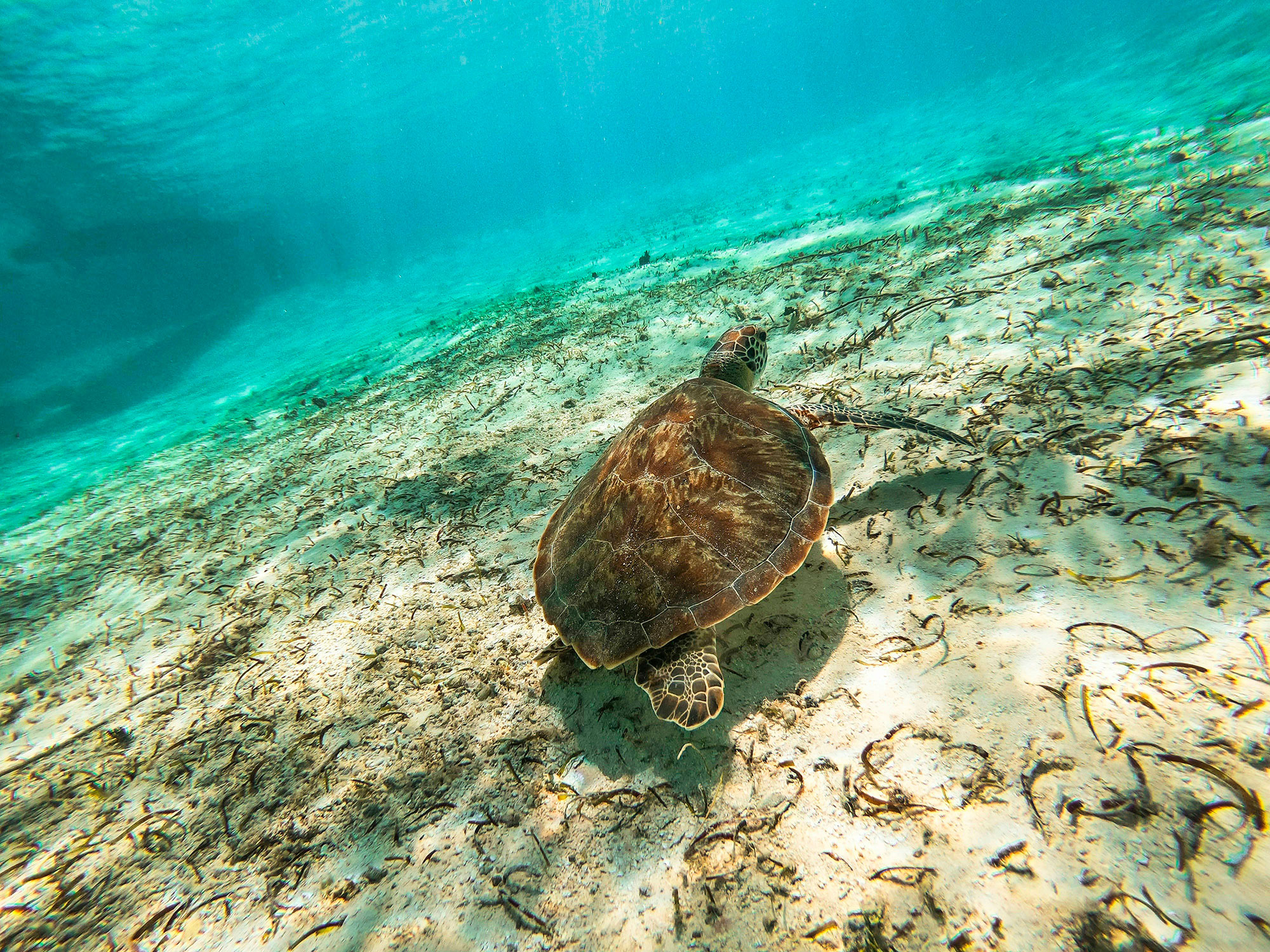
"What instilled my profound respect for the ocean was to dive deep into it, to feel myself inside it and at the same time under it. Like an intruder, conscious of every movement of my breathing as the oxygen from the tanks filled my lungs, I watched my friends fishing, fascinated by the things I saw. The fleeting, short-lived miracle never ceased to amaze me.”
Elsa Peretti
